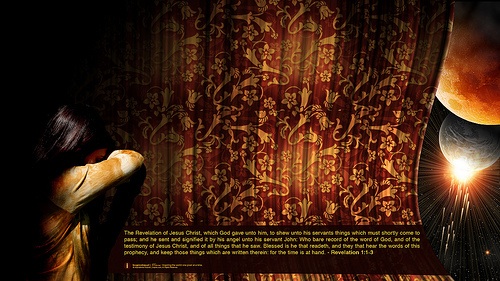When I first began writing, I wanted to write, because I wanted to have published something.
In 2000, I started writing, because I had something to say.
In 2000, during Lent I studied the life of Hannah, the mother of Samuel as a model for making sacrifices.
By the autumn, I was working on a novel about Hannah.
I had discovered that her faith journey in ancient Israel had many parallels with the faith journey of a woman in the twenty-first century, despite the three millennia that separated Hannah and me.
In 2004, my book, Hannah’s Journal, placed third in a field of 270 entries in the Christian Writers Guild First Novel Contest.
That book is still unpublished, but my success in the contest invigorated me.
I soon tackled two more novels, which are at present unfinished. The reason is that I continued to develop a better sense of direction as a writer.
In the beginning, I almost dismissed my non-fiction writing as busy work, something to do when I couldn’t think of any stories.
I wrote meditations, prayers, worship guides, articles and teaching plans.
While I struggled with the problems of plot, character development, setting, dialogue and so forth that are part of the craft of a fiction writer, I wrote commentary and background spontaneously, as a natural outgrowth of my research.
One day I had the mind-boggling revelation that it was possible to be a successful writer without selling a novel.


